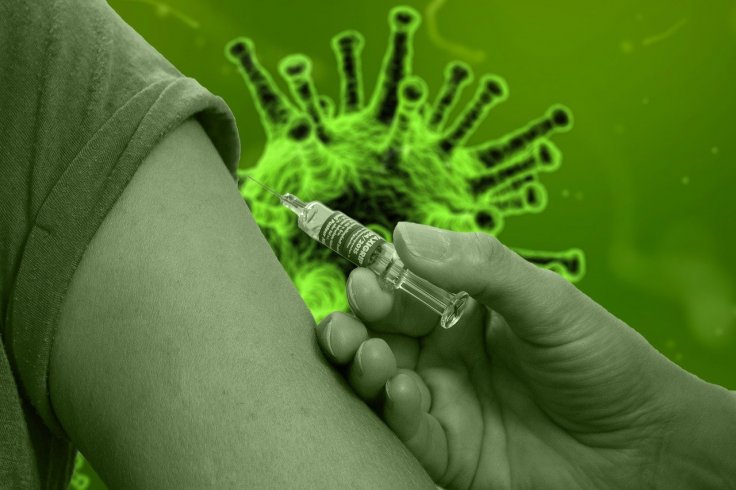The world is divided over a Coronavirus vaccine. If some are eagerly waiting for a vaccine, many are skeptical. While it won't turn you into a monkey or inject chips to track you, after AstraZeneca and Johnson & Johnson paused COVID-19 vaccine trials following side-effects, many have raised concerns about the efficacy and safety of the immunization shots.
AstraZeneca vaccine's stage III trial was halted in September after two volunteers developed serious neurological symptoms. J&J, on the other hand, paused its testing after one of the volunteers fell sick with an unexplained side-effect. Both of them had one thing in common and that was adenovirus. Both the vaccine candidates are based on adenovirus vectors.
Adenovirus Vector
Adenovirus is a popular choice for scientists for research. The virus has many types and subtypes for humans and animals that are well studied. It is versatile, tolerant and can easily adapt. Hence, scientists have used animal adenovirus from chimps and cows adapting them for human use. It is used as a vector to transport genes from the target virus to the cells for triggering an immune response.

That's the reason why the adenoviral vector has been used to develop Coronavirus vaccines. At present, dozens of COVID-19 vaccines are in development based on adenovirus. But from the beginning, many scientists raised concerns about adenovirus-based vaccines for Coronavirus.
Concerns About Adenovirus Vector
The first reason was that adenovirus, which is responsible for cold and cough, has already infected millions of people. Thus, humans have already developed a certain antibody to stave off the virus. If that's the case, it might not be as effective as it was thought.
"The Ad-5 concerns me just because a lot of people have immunity. I'm not sure what the strategy is. Maybe, it won't have 70% efficacy. It might have 40% percent efficiency," Johns Hopkins University's Anna Durbin, a vaccine researcher, told Reuters.

Dr Zhou Xing from Canada's McMaster University is concerned that high doses of the Ad-5 vector could induce fever, fueling further skepticism. Zhou had worked with China's CanSino Biologics' Ad-5 based vaccine for tuberculosis in 2011. That's not it though.
Merck & Co during its Ad-5 based HIV (Human Immunodeficiency Virus) vaccine trial in 2004 found that some people with pre-existing conditions became susceptible to HIV infection. The trials were stopped shortly after that. Even Dr Anthony Fauci, America's top infectious disease specialist had warned about it.
In a 2015 paper titled, "Toward an HIV Vaccine: A Scientific Journey", he said, "vaccine-related immune activation might have led to increased susceptibility to infection."
Coronavirus Vaccine Concerns
However, the adenoviral vector hasn't always been ineffective. J&J, CanSino Bio and Russia's Gamaleya Institute have approved vaccines for Ebola that are based on adenovirus (Ad-5). Thus, adenovirus was a natural choice to swiftly roll out a vaccine that could stop the pandemic which has already infected over 39 million people, killing more than a million.

While Oxford says there is not enough evidence to suggest that the volunteers' illnesses were directly linked to their Coronavirus vaccine, skeptics would always point at negative results. Michael Kinch, a vaccine specialist at Washington University told Bloomberg that if investigators could establish a link between the vaccine and the illnesses, the conversation would turn quickly, adding that there was not enough information.
"Is this just random chance? First and foremost, there's bad luck. If it turns out there are a correlation and causation, then the conversation very quickly turns," he said.
Side-effects also are not unusual in vaccine trials and it is one of the reasons why vaccines undergo human trials before being approved for public use. Hence, it could be just a coincidence. But the slightest of hint that the vaccine was causing the illness could put the whole effort in jeopardy.
"While it could be a coincidence, there's still the possibility that adenoviral vector vaccines run a higher risk of rare side effects — such as autoimmune attacks like transverse myelitis — than those of Pfizer-BioNTech, Moderna or Novavax," Sam Fazeli, a pharmaceutical analyst said.









